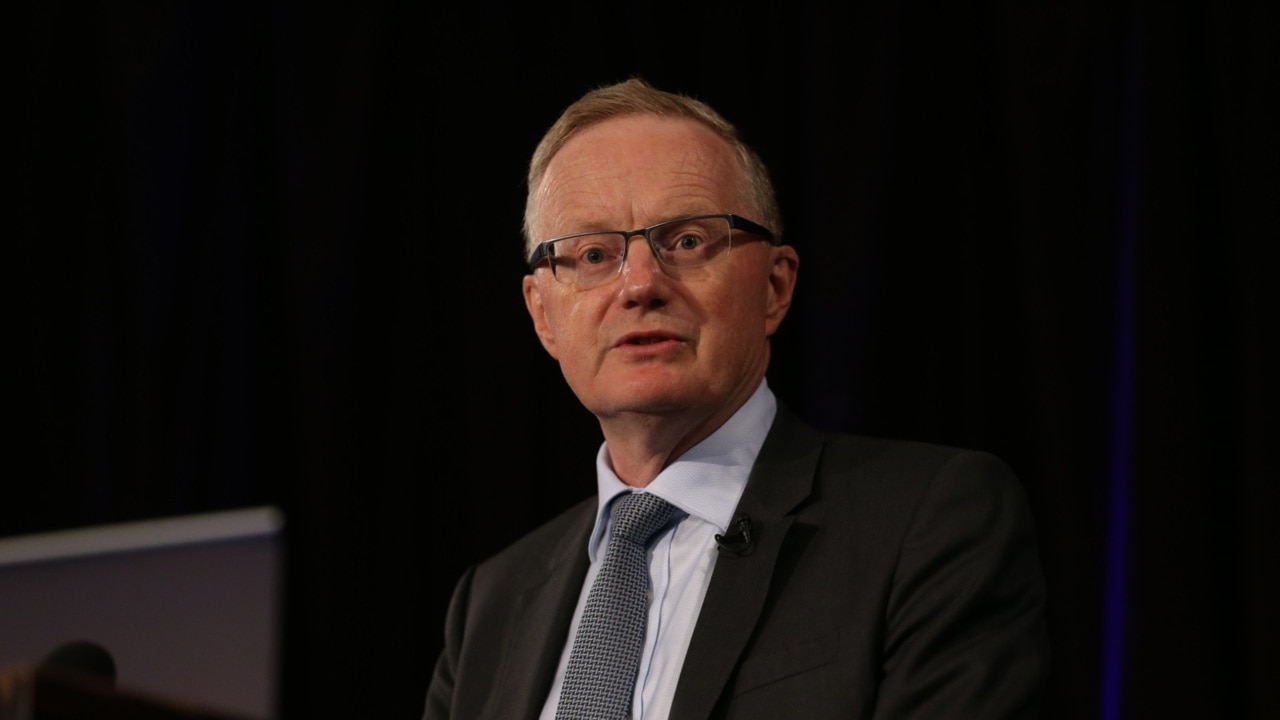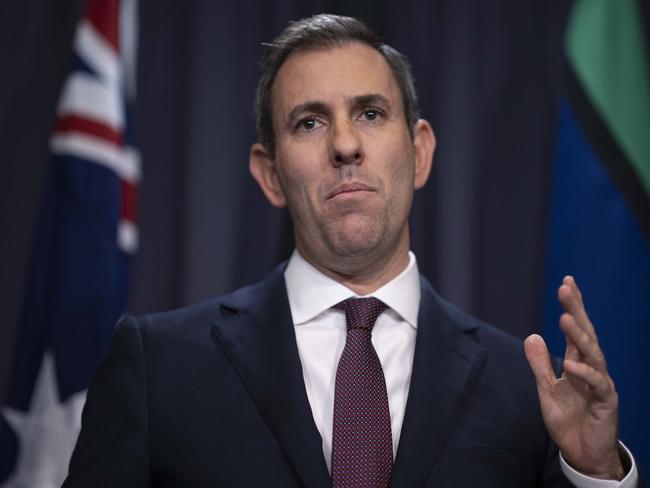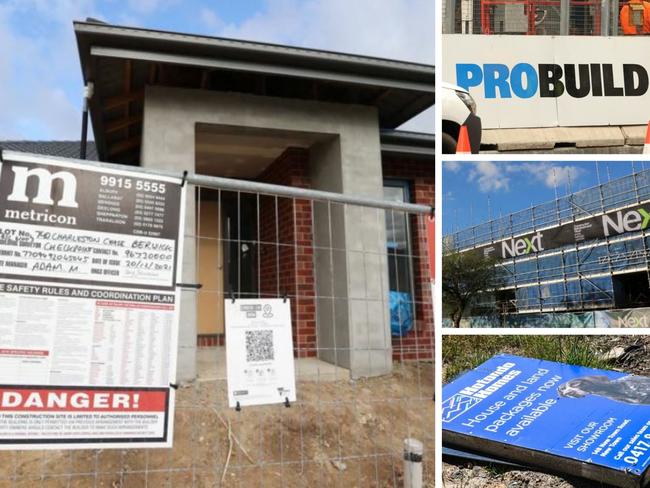Construction growth falls in June quarter but economy builds overall momentum
Australia’s latest economic scorecard has revealed the country’s embattled construction industry has been dealt another blow.

NewsWire
Don't miss out on the headlines from NewsWire. Followed categories will be added to My News.
Australia’s construction industry has taken a hit despite the economy building overall momentum.
Skills shortages, supply chain disruptions and inflation driving up the price of materials combined to take a toll on the building industry in the June quarter.
The country’s gross domestic product grew 0.9 per cent over the June quarter and was up 3.6 per cent from the same time last year.
The boost to Australia’s economic output was driven by an increase in household spending and growth in exports, partly propelled by the return of international students and tourists.
But construction was one of four sectors, including manufacturing, whose economic growth went backwards, according to Australian Bureau of Statistics national accounts figures released on Wednesday.
Dwelling investment fell by 2.9 per cent over the three month period, taking its total fall over the year to 4.6 per cent
New engineering construction decreased by 3.4 per cent to be 6.6 per cent lower than last year.

Jim Chalmers said this was a “surprisingly weak outcome” given the amount of building projects in the pipeline.
“This was a bit weaker than expected … but it does reflect the fact that we’ve got quite acute labour and supply chain pressures,” the Treasurer told reporters shortly after the national accounts figures were released.
Asked if there was a case for the government to scale back planned infrastructure spending to save money and avoid competing against the private sector, Dr Chalmers said: “I think there is a broad understanding that it is difficult right now”.
“When you consider the infrastructure pipeline across all three levels of government, plus the private sector, there are obvious pressures on timetables and costs,” he said.
“And I think it would be strange to ignore that.”
Dr Chalmers said local councils and the state and federal governments were working out how to deliver their infrastructure commitments “in a way that gets value for money” and within “realistic time frames”.
“And I’m sure we’ll have more to say about that. At some point,” he said.

The skyrocketing price of building supplies has contributed to the demise of a swag of Australian construction companies since the end of 2021 and left some of their customers with unfinished homes.
ABS data shows that over the 2021-2022 financial year, the prices of timber, board and joinery jumped by 24.2 per cent and metal-based supplies such as steel rose by 18.4 per cent.
Aside from the woes in the construction sector, Australia’s overall economic output increased for a third consecutive quarter in June.
GDP growth contracted in the September quarter of last year during the Delta Covid-19 outbreak.
Dr Chalmers said the headline GDP figure was “encouraging” but it was obvious Australians were under financial pressure.
“There are some encouraging aspects of these results, but we can’t pretend away or paper over the real and growing challenges in the economy,” he said.
“We’ve seen a pretty sharp decline in the household savings ratio, which fell from just over 11 per cent in March to 8.7 per cent in the June quarter.
“And what this shows is that households, on average, are still saving less.”
The release of the national accounts comes after the Reserve Bank of Australia announced a 0.50 per cent increase to the official cash rate on Tuesday.
Originally published as Construction growth falls in June quarter but economy builds overall momentum


